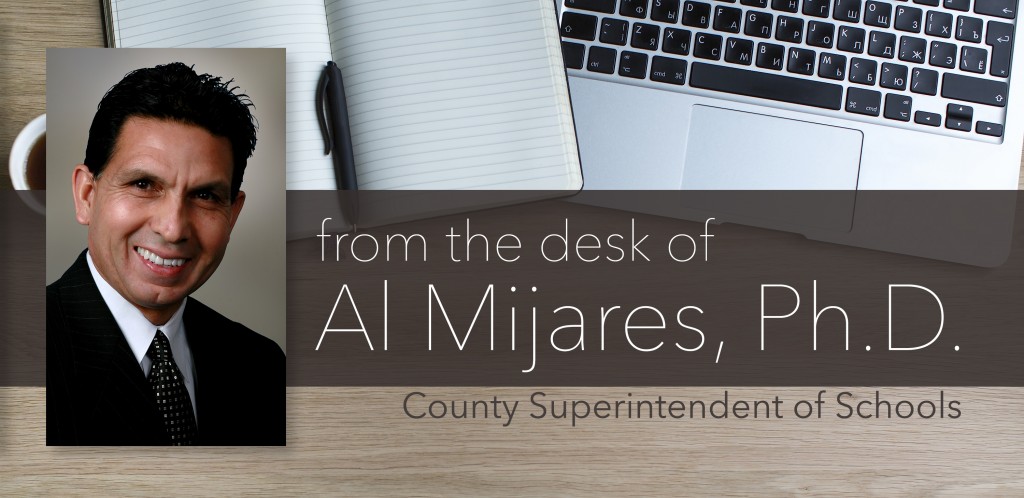Want to better understand how curriculum decisions are made? Need a rundown of the immunizations required to attend school? Or perhaps you’d like to learn more about health education or ethnic studies in California.
These are some of the topics explained in a new website developed specifically by the Orange County Department of Education to help parents unpack complex education issues. It’s called The 101, and it can be accessed at 101.ocde.us.

The 101 — the name is a reference to foundational college courses — launched this past fall as a companion site to the OCDE Newsroom, which has provided news and information about OCDE and Orange County schools since 2015.
With a mobile-friendly design and the ability to translate posts to multiple languages, The 101 goes beyond the headlines to break down complicated school-related topics and explain who has oversight in posts that can be read quickly and shared easily.
Current focus areas include school district governance, curriculum and instruction, health education, ethnic studies and COVID-19 protocols. New posts will be added over time, and there’s even a form for readers to submit their topic suggestions.
Though the site was created with busy parents in mind, there are also links to primary sources for those who wish to take a deeper dive.
OCDE exists to serve our county’s most vulnerable student populations and to support 28 local districts with services necessary for their operations. While much of our work happens behind the scenes, we have strived in recent years to elevate communication by generating and sharing stories and videos that meet the criteria of offering credibility, relevance and utility.
As stewards of this department, we want families and community members to know about the systems that define and shape instruction in California’s public schools. We want parents to know how important decisions are made within their local schools and districts — and how they can become more involved. We want all stakeholders to know about the resources that are available to support the academic success and social-emotional wellbeing of students.
In the end, it’s about lending our voice, and hopefully adding a little clarity, to the ongoing dialogue over public education, our schools and the students they serve.
We hope you, too, will continue to be a part of the conversation.
